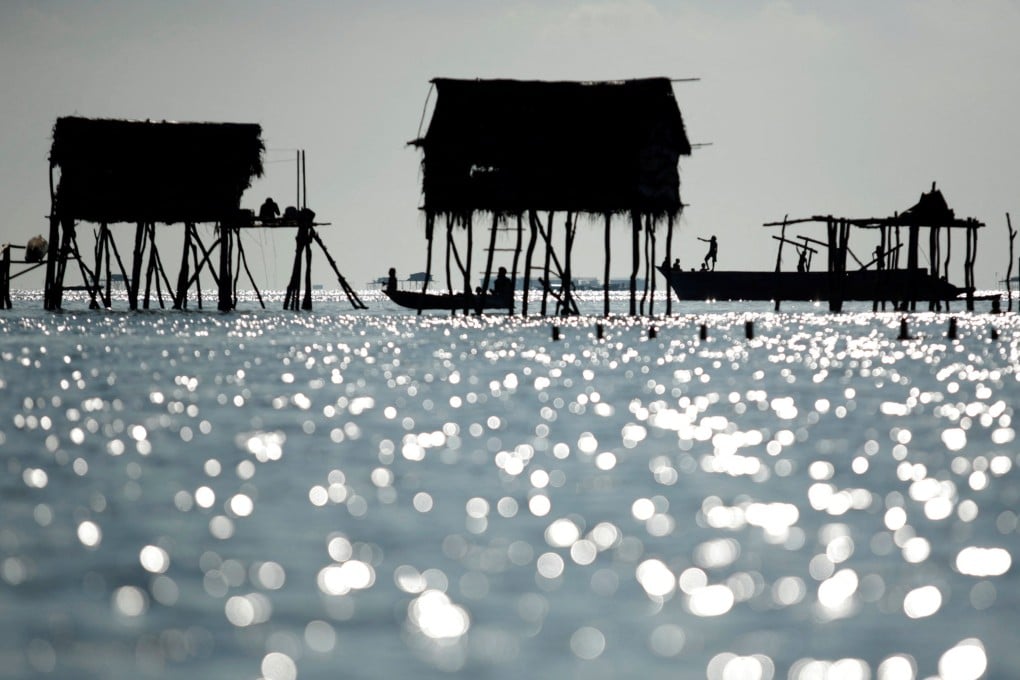Advertisement
My Take | Sympathy for the stateless Bajau Laut of Malaysia’s Sabah comes from personal experience
- Being bullied as a youngster changed my opinion on how people view the Bajau Laut community in Sabah’s east coast
Reading Time:3 minutes
Why you can trust SCMP
1

As a child, I felt out of place.
My parents were economic migrants – like many of their nursing school cohorts, they left their familiar surroundings in Sabah and moved to neighbouring Brunei to take up lucrative jobs at hospitals in the kingdom.
We were housed in an enclave of foreign staff and their families. It was nice enough, and we lived like any middle class community would.
But my experience as the only Sabah native in my class at an all-boys school was something else.
I was a regular target for the locals, and every time I retaliated, I would be the only one getting caned in the principal’s office for “bad behaviour”.
I never understood why I had a target on my back until a Standard 3 class when I was about 8 years old.
Advertisement

